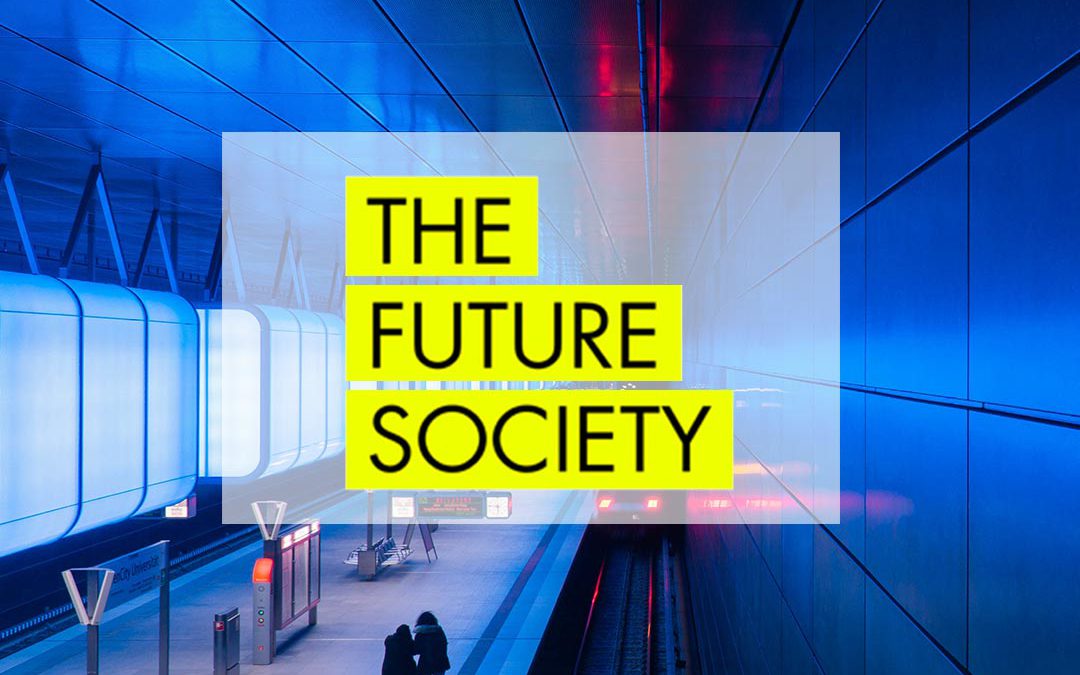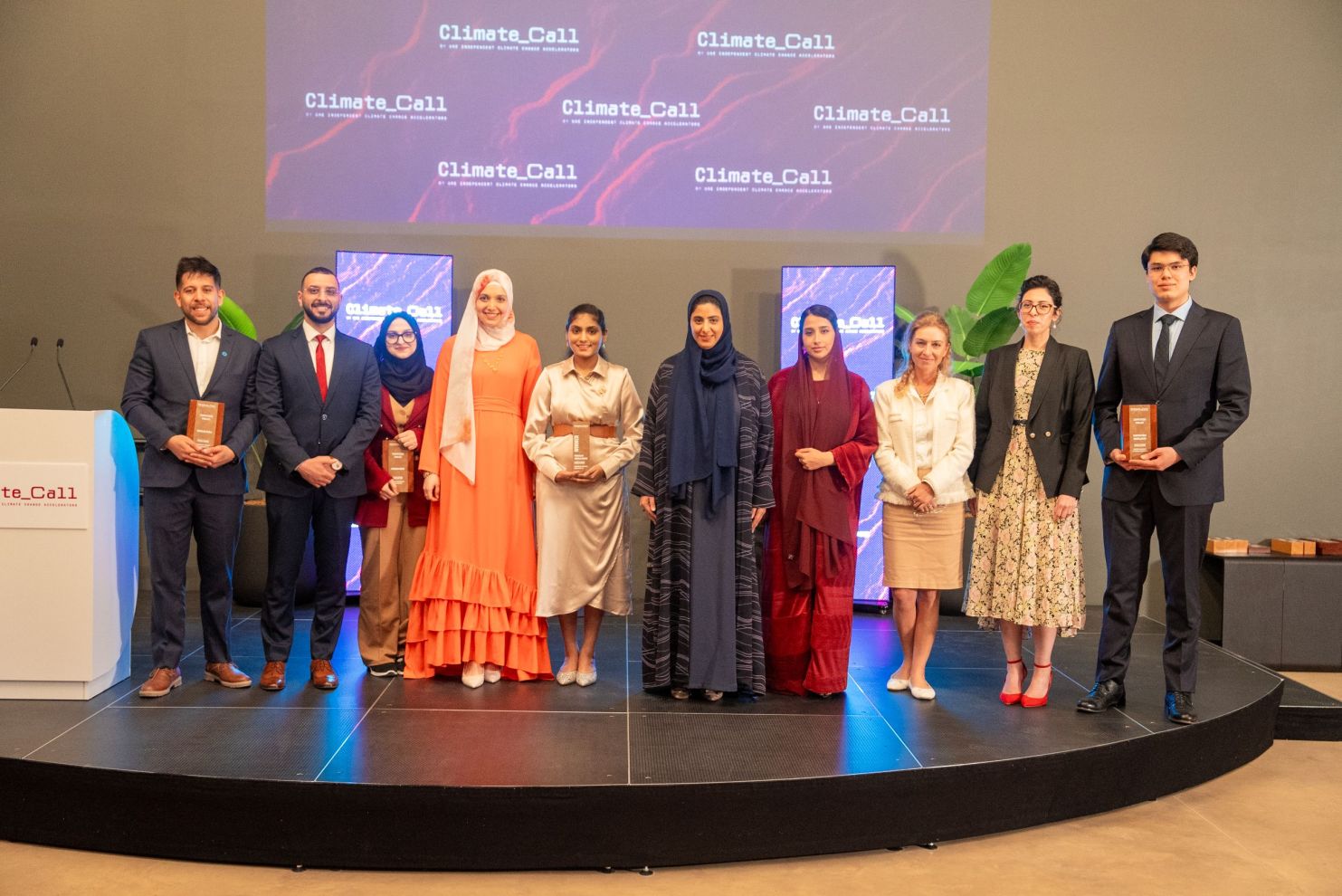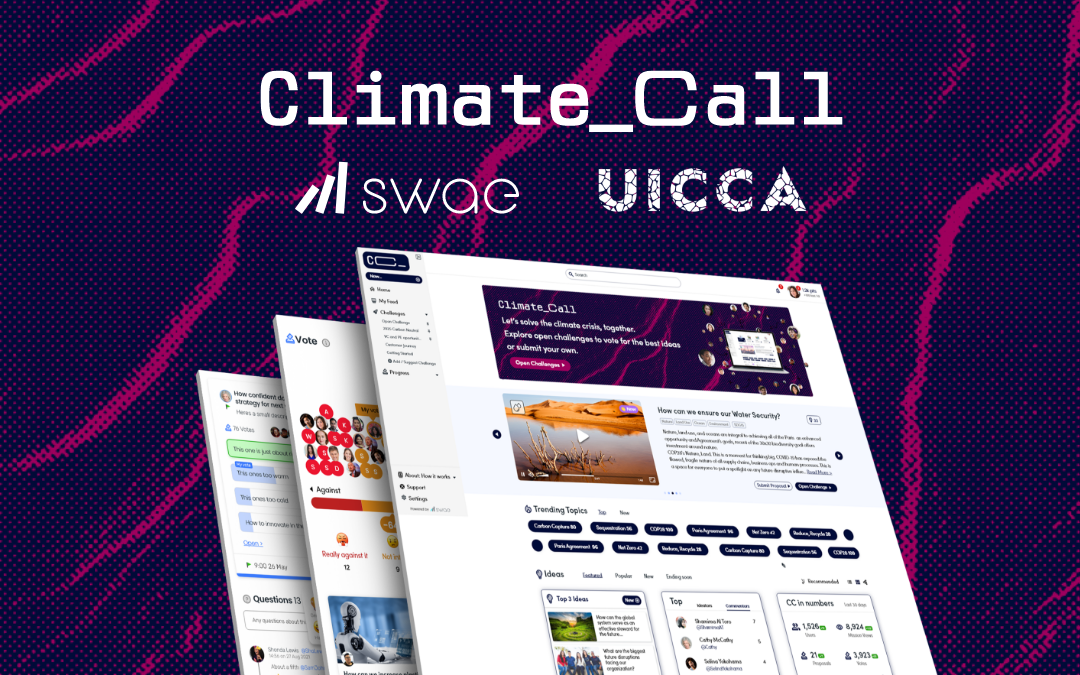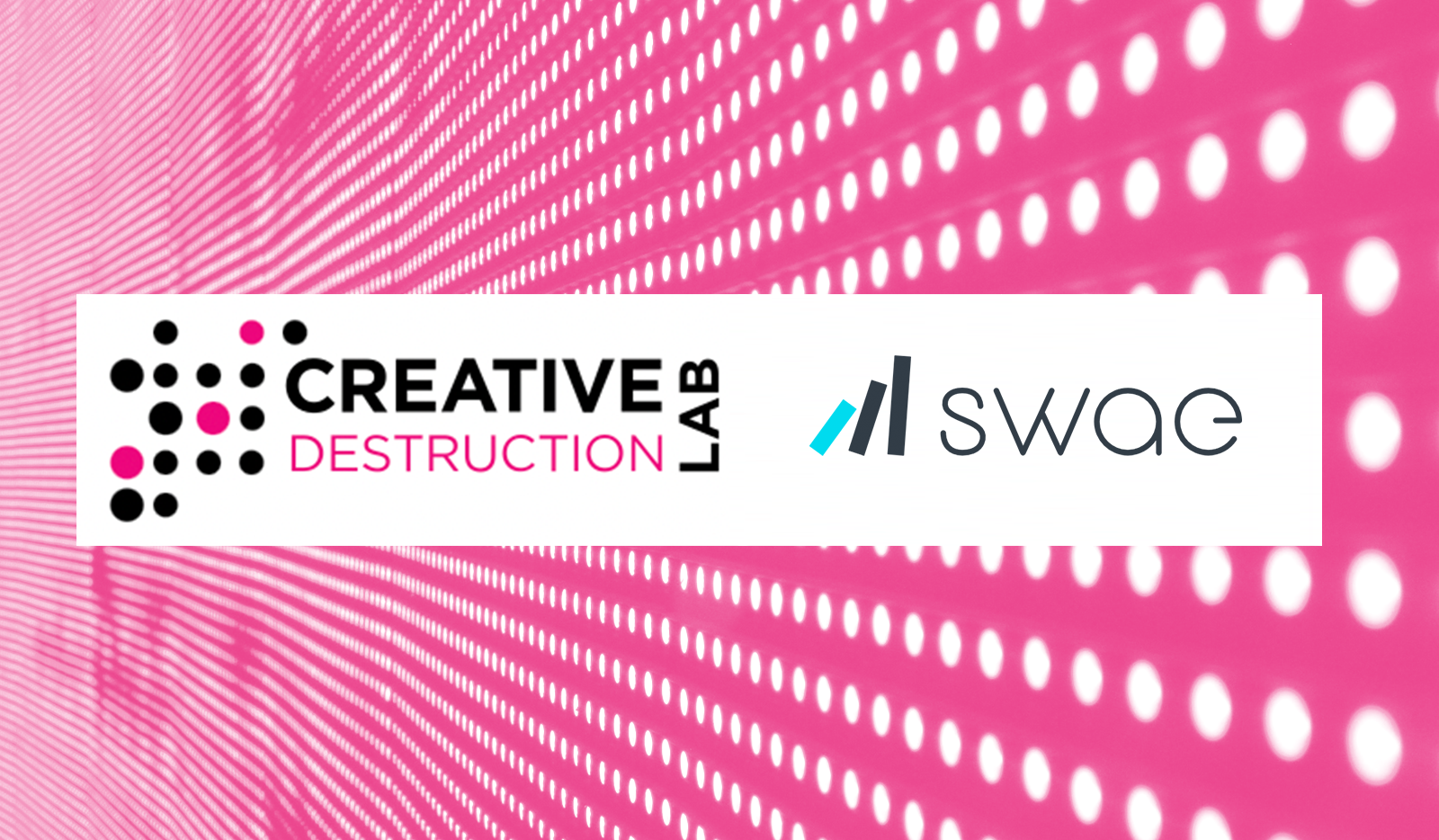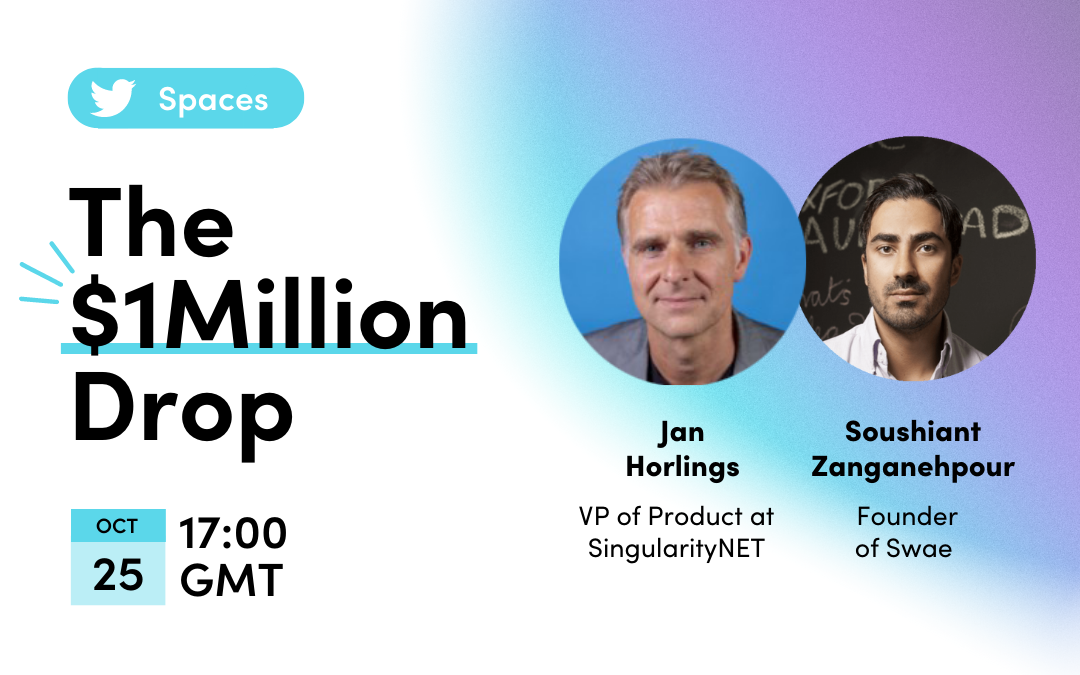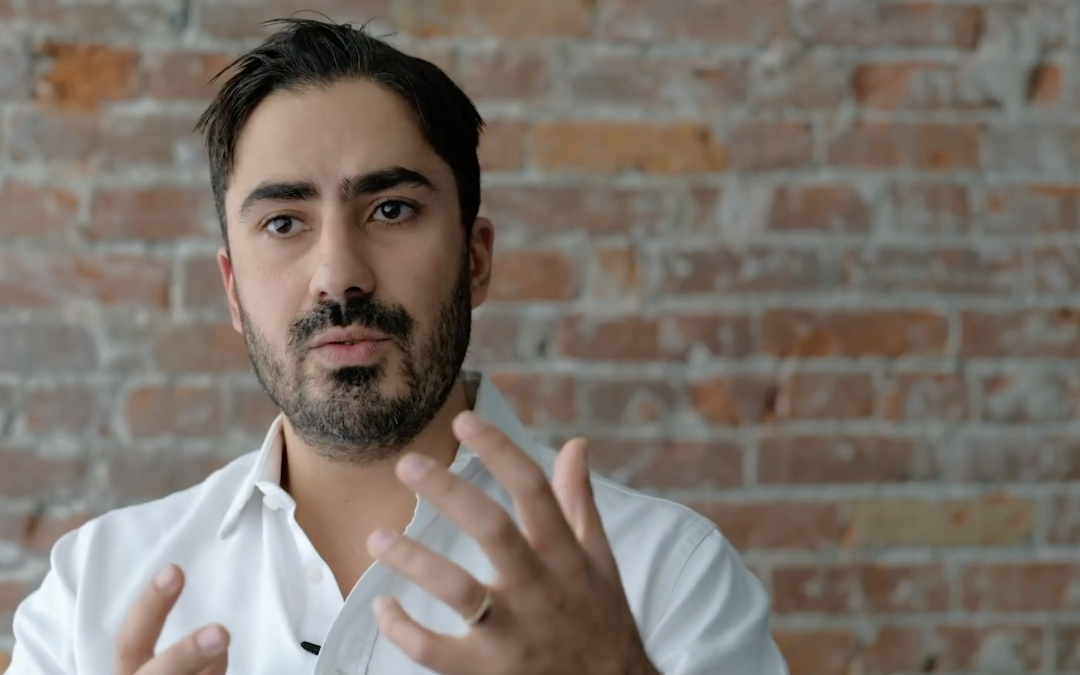
Swae, The Future of Organizations, Decision-Making, and Governance
The Problem
For the past ~3 years, I’ve grown evermore frustrated by the lack of voice or meaningful influence normal people seem to have in the big decisions institutions and organizations make that significantly impact our lives. Simply voting for candidates or filling out engagement surveys at work feels inconsequential, futile, and, well, insulting. These ‘participation’ options don’t seem to influence the dull, unoriginal, and incomplete solutions most leaders tend to develop in response to the uniquely complex business and social challenges of today’s world. They don’t help prevent abuse of power or keep leaders accountable to their promises. Instead, they provide us a false sense of agency. As consumers, we have so much influence over our life choices, but as employees or citizens, we have so little say in much more important decisions. So, why are these our only participation options?
Our modern day decision-making model is broken.
The root of this problem boils down to our organizational paradigm — how we make decisions and organize ourselves in society. Our modern day decision-making model is broken. It’s outdated, too centralized, too efficiency-obsessed (think factories and conveyor belts of the 19th century industrial era, when this decision-making model reigned supreme), too exclusionary; over-relying on hierarchies, representation, and delegated authority, andconfining stakeholders to strict parameters for participation based on status or function, when we live in a world where ideas, expertise, and genius are distributed and directly accessible through technologies and protocols.

As we move from crisis-to-crisis in our political systems — see first-hand the limitations of many democratic institutions to govern effectively and anticipate challenges — or witness the uninspiring, unethical, and poor decisions made by leaders in large incumbent companies about how best to navigate complexity, we see how unfit our decision-making model is in today’s world.

What We Believe
About 2 years ago, I began exploring alternative decision-making models from today’s status-quo, to see how we can “upgrade” decision-making in organizations (both companies and democratic institutions)— consequently upgrading governance. I attended Singularity University’s Global Solutions Program to learn more about the problem and build a solution.
During my research, first-hand customer discovery and experience at SU, I became convinced that we’re in the middle of an irreversible social and cultural transformation, accelerated by new technologies and unreasonable entrepreneurs. We are transitioning from one strong set of operating assumptions about how to manage society, to a new, upgraded set. The transition we are undergoing will redefine how we organize institutions, how we create new companies, who has a voice, what’s an acceptable social-contract. But the path is murky.
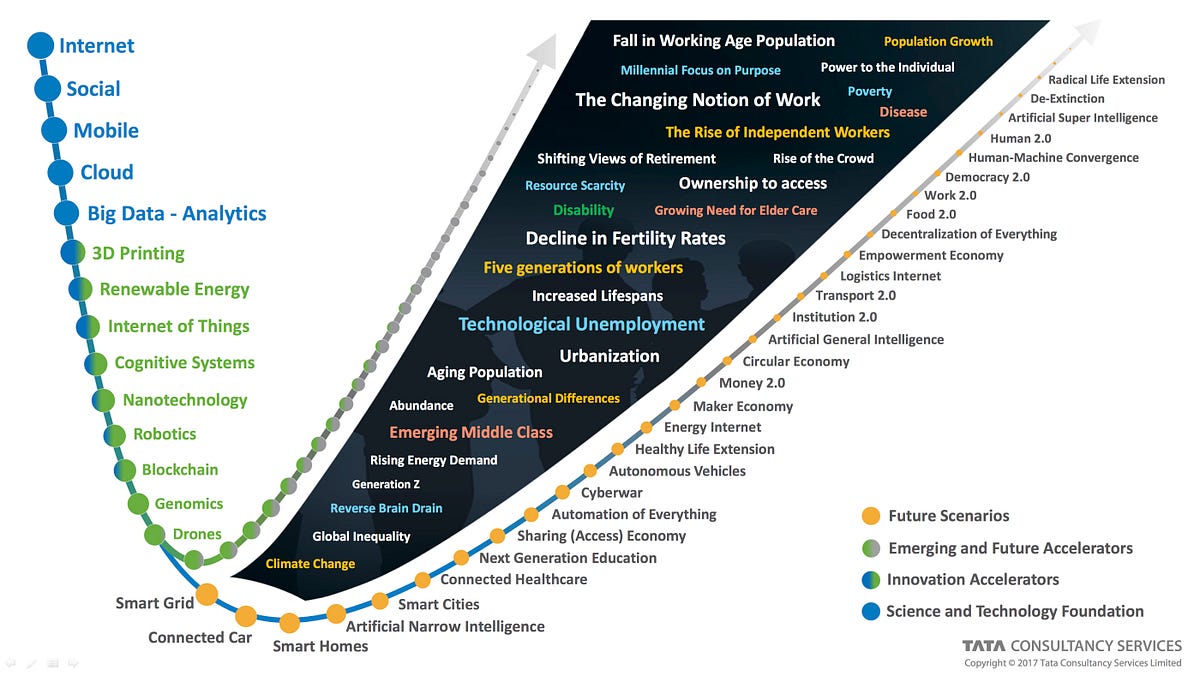
The combination of increased computing power, the rise of blockchain technology, demographic and cultural changes has made the idea of designing alternative organizational decision-making structures and governance models that are different from today’s status quo — models that are more participatory, more intelligent, less corruptible, less costly — a real possibility.
These are still the early days but the trajectory is clear.
What We’re Building
Inspired by the pace of change, last year, I started a company to re-image organizational decision-making and build the operating system for future organizations. Our first product is Swae, an intelligent decision-making platform combining anonymity, artificial intelligence, and collective intelligence, to help organizations unleash the creativity of their stakeholders and make better quality decisions. Using Swae, individuals within organizations create great proposals anonymously with support of AI, then improve the quality of those proposals with crowd input. Proposals are debated on their merits, collectively evolved, and voted on. The proposals that receive the highest engagement (positive or negative) automatically percolate upwards to a decision (by management or the collective).
By providing the right mix of technology and process, Swae helps organizations efficiently tap into the wisdom of their stakeholders without reinventing the entire organizational structure. Swae’s process circumvents the blockages associated with traditional hierarchical organizational structures (cognitive bias, disengagement, fear of lost status and internal politics suffocating the expression of new ideas, etc.), to provide a more direct, transparent, and efficient pathway for ideas to go from the bottom to access management support. This helps decision-makers gather a greater level of truthful input, arguments, and data points to improve products, services, strategy and business models, without creating a tremendous burden of added work for management.
Swae intends to upgrade decision-making first in companies, then communities, then cities.


